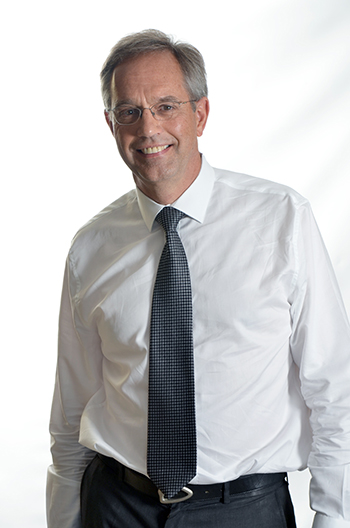Latest News Archive
Please select Category, Year, and then Month to display items
12 January 2024
|
Story Nonsindiswe Qwabe
|
Photo Sonia Small
 Since joining the UFS in 2008, Dr Grey Magaiza has worked extensively on approaches that can foster the socio-economic transformation of societies.
Since joining the UFS in 2008, Dr Grey Magaiza has worked extensively on approaches that can foster the socio-economic transformation of societies.
“The future should be one where communities can decide on their development agenda and futures. That’s the most important for me.” Dr Grey Magaiza, Deputy Director of the Centre for Gender and Africa Studies (CGAS) and Head of the Community Development programme on the Qwaqwa Campus, is passionate about capacitating communities to be agents of change and advancement. His vision for the future emphasises the empowerment of communities to take charge of their development by actively participating in decision making and the implementation of development projects that can improve their lives.
Since joining the UFS in 2008, Dr Magaiza has worked extensively on approaches that can foster the socio-economic transformation of societies. Over the years, he has crafted his research speciality into one that he is most proud of – being an interdisciplinary scientist immersed in the development of communities.
“I’m in a fortunate position of researching what I like. I say ‘fortunate’, because I’ve taken the time to understand what I’m passionate about, which is the overall field of rural livelihoods and livelihood futures – in short, community development. My research starts from an engaged university, understanding the elements that a university must use to enhance transformation and relevance to its immediate community in terms of development.”
One of the ways he has done this is by looking at social entrepreneurship as a development approach for young people in a rural setting. Through workshops with non-profit and civic organisations in Qwaqwa, Dr Magaiza has been helping these organisations to map out their needs and actively meet them through the involvement and support of external role players.
“We understand that communities are part of the national development agenda, but even that national agenda respects community knowledge and intentions and allows communities to shape their identity. A critical enabler of this is community organising. You bring back the capacity in communities to have dialogues on issues affecting them as spaces for engagement, knowledge exchange, and for people to just talk about their way forward.”
By enabling communities to define their development agenda, they can address their specific needs, challenges, and aspirations, he said. “When I look at livelihood futures, it’s quite an exciting aspect of my work – it’s like looking into a fortune tellers’ globe, because you’re not deciding for communities what they should do, but the communities themselves take those decisions.”
Meet our Council: Marius Swart – a Councillor with deep roots in the UFS
2017-07-12

Marius Swart, Alumni election on the UFS Council.
Photo: Stephen Collett
Marius Swart, a Kovsie alumnus, is an Alumni election on the University Council. Not only is he a Kovsie alumnus, but all four of his siblings and their spouses are Kovsie alumni, as well as all three his children.
Interest in future decisions at the UFS
He is currently practicing as cardiothoracic surgeon at Mediclinic in Bloemfontein, but has always been involved with the Faculty of Health Sciences at the university. He spent eight years as consultant in the Department of Cardiothoracic Surgery and recently became a registered student again when he enrolled for an interdisciplinary PhD. He is currently also supervisor for the research projects of undergraduate medical students.
Thus, Marius no doubt has a substantial interest in the issues and future decisions at the UFS.
Guard against retroformation
"Higher education is a challenging environment and expectations about excellence and human development are being tested. Transformation is on everybody’s lips, but we have to guard against what I would call retroformation – moving back to old regimes and new forms of exclusion," he says.
Marius is excited to begin his term with a new Rector and Vice-Chancellor. He realises that many challenges awaits him as councillor on the way forward, but he is ready to pull his weight in Council.
"My own daughter is involved in the challenges students are experiencing on a daily basis, and my wife is supporting a first-generation rural student. The university should be sensitive to these students. Empowering them can bring change to communities."
His interests are varied and it is clear that he has a vision for a better world.